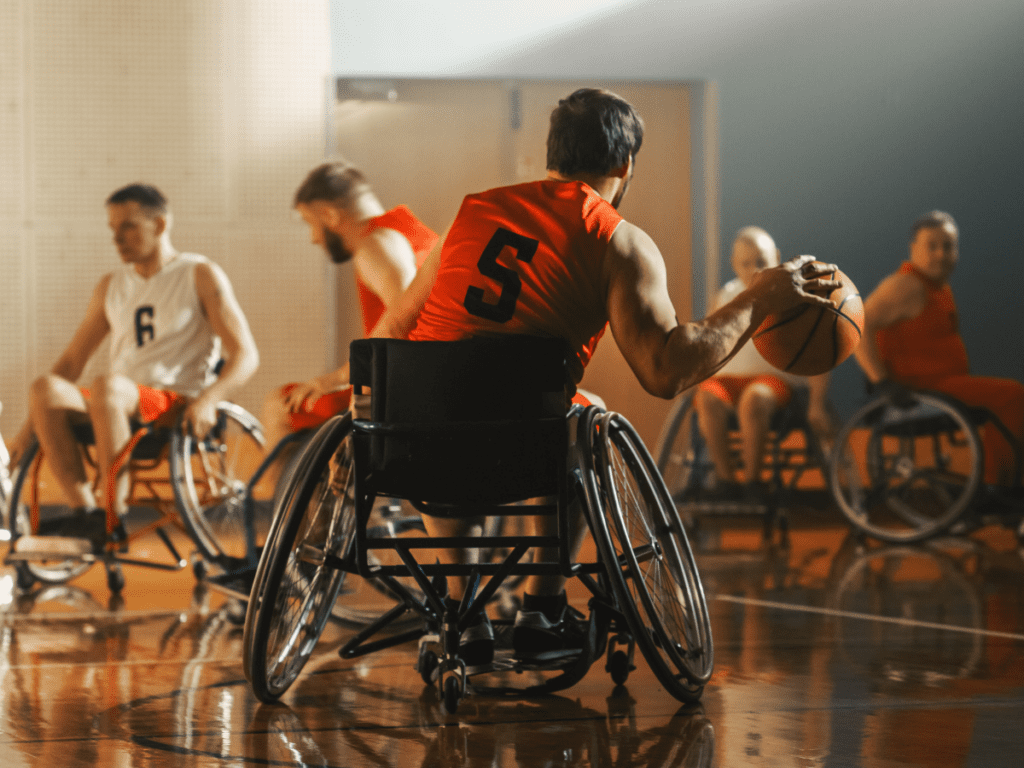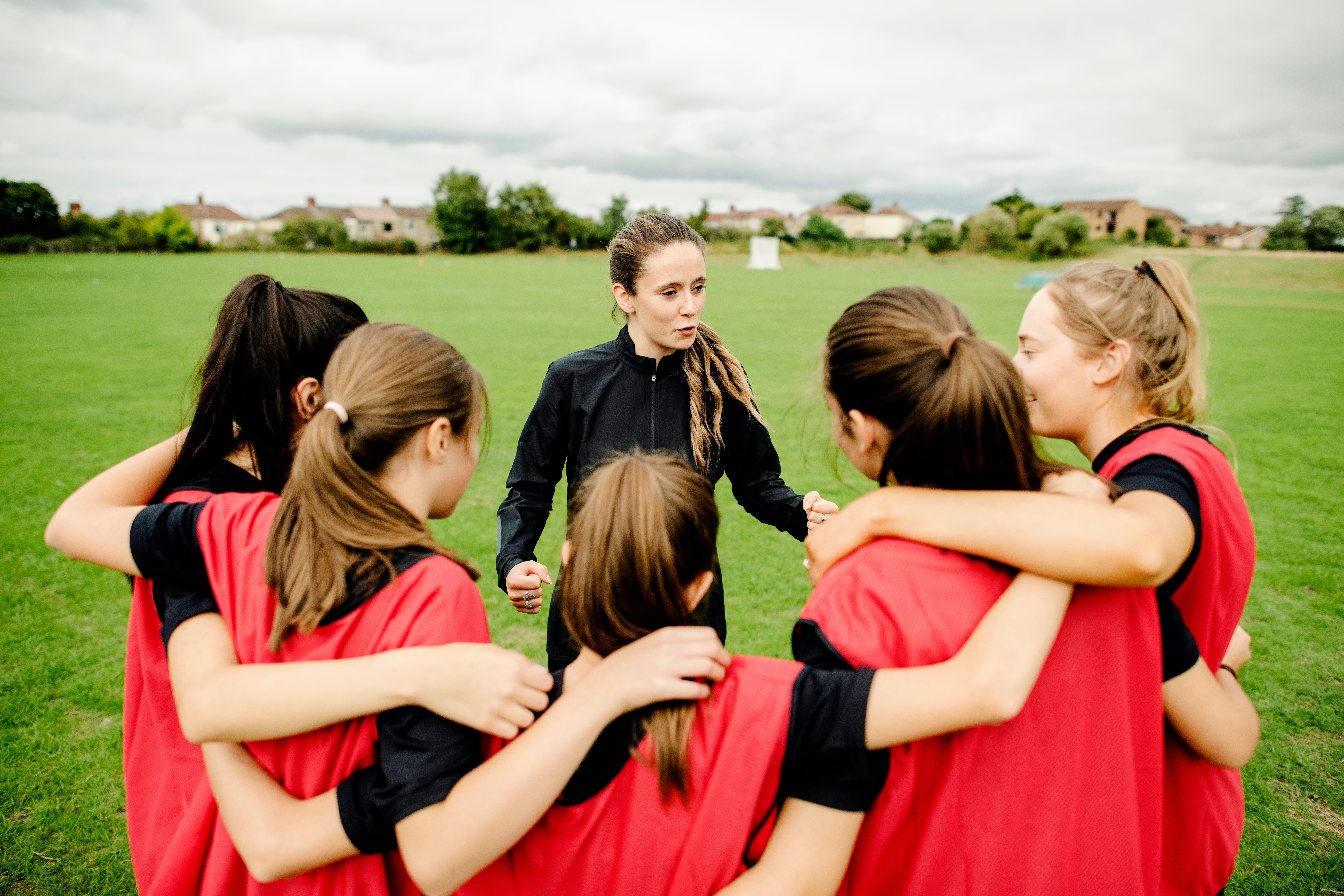Olympic hosting relationship to medal count
Does hosting the Olympics result in a higher medal count for the host country? A recent study examined purported home advantage at the summer Olympics from 1996 to 2021. The findings suggest that assumptions about the “host effect” are exaggerated.
Working together to improve evaluation in the sport sector: Learnings from a research partnership

Evaluating programs is crucial for sport organizations. For example, evaluation can be used to demonstrate the impact of programs to funding agencies (like Sport Canada) or inform changes in programming to better serve sport participants. However, many sport organizations lack the time, money, or knowledge and experience to effectively undertaken evaluation work (Mitchell & Berlan,…
The Responsible Coaching Movement
The Responsible Coaching Movement (RCM) is an initiative from the Coaching Association of Canada and the Canadian Centre for Ethics in Sport. The RCM has 3 pillars: the rule of 2, background screening, and ethics training.
Safe sport tips for athletes
What is okay and what isn’t when it comes to safe sport? Sport Manitoba has compiled a handy checklist for athletes to remind them of appropriate boundaries that should exist between them and sport coaches, officials or administrators. The list identifies green light behaviours and red flag behaviours for athletes to keep in mind.
From scarcity to abundance: How Para athlete transfer can broaden development pathways
Athlete transfer is a tricky topic within the Para sport system. Athlete transfer refers to when an athlete chooses to pursue a new sport, take on an additional sport, or their circumstances compel them to change sports. Athletes may transfer for a multitude of reasons, including but not limited to: competitive opportunities, age, injury, or…
Collaborative coaching is key to successful Para athlete transfer
Alexandre Hayward’s successful transfer from national level wheelchair basketball to national level Para cycling is proof of how important it is to have broad development pathways in sport. It’s particularly important in Para sport, where a “scarcity mindset” tends to exist surrounding athletes. Hayward’s experience shows how collaborative coaching across different sports can nurture athlete…
Support from local residents for sporting events
Recent research has shown that residents’ perceptions are a key predictor of support for the hosting of sporting events in a community. This article considers what combination of conditions can lead to high levels of support from residents.
The growth of sporting mega events
The Summer and Winter Olympics and the World Cup are 3 of the world’s largest tourist events. These events have grown 60-fold over the last 50 years, which is a growth rate 50 times faster that the world’s GDP. What does this mean for the future of these events? Have we reached peak mega event?…
Knowledge mobilization for sport organizations
Knowledge mobilization is the process of sharing evidence-based findings with an audience who can use those findings in practice. Knowledge mobilization helps close the gap between what is known and what is done. Closing this knowledge-to-action gap can advance the sport sector by providing sport stakeholders with information that enables them to enhance practice, policies…
Development and Evaluation of the Coaching for Life Skills Training Program for High School Coaches

Project summary The research project occurred in two sequential phases. In the phase one study, the purpose was to develop the Coaching for Life Skills training program and evaluate its pilot implementation. This first study was qualitative in nature and explored what coaches believed they experienced during their participation in the training program. Findings demonstrated…